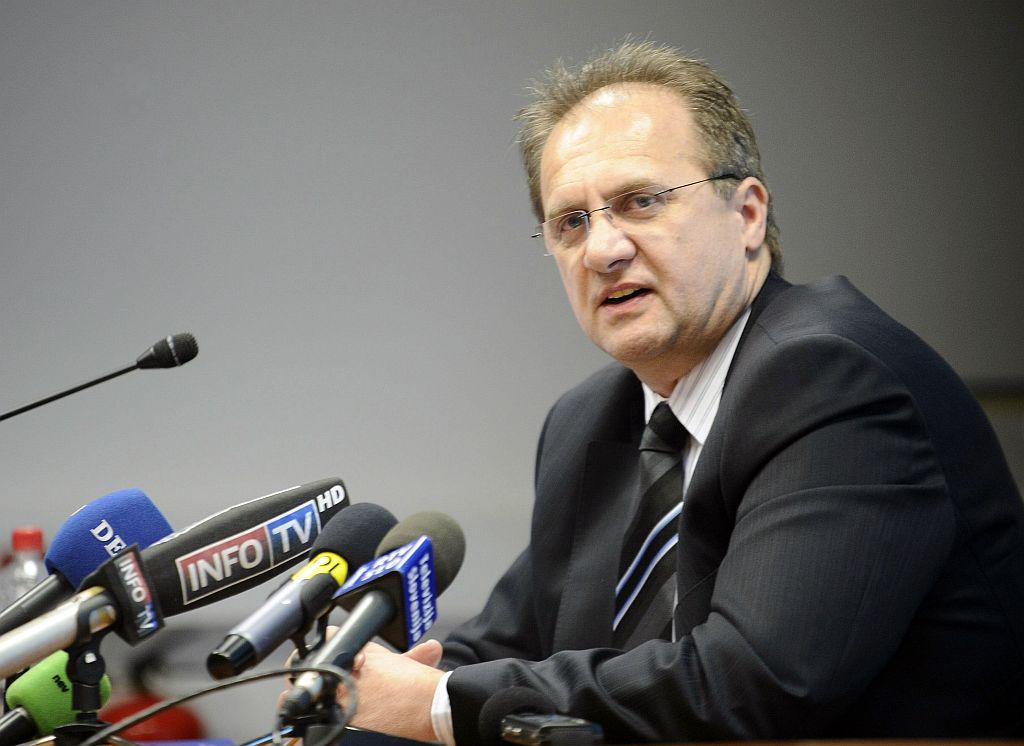
One of the clients was Zlatan Kudić, whose company owed the Tax Administration at least 24 million euros several years ago. Among Slovenian citizens, Malta is particularly well-known as a tax haven. At least 70 people and six corporations have been traced to that country.
According to Ivan Simič, he has referred those who would like to do business in Cyprus to a company owned by his colleagues, while he has paid all the appropriate taxes from the income earned by his companies. But it is misleading to simply state that the establishment of corporations in tax havens is legal, says Delo journalist Anuška Delić. Such behavior leaves the state without its share of taxes and prevents the funding of a better healthcare system, schools, and other institutions of the welfare state.
The question is not whether such practices are legal but whether they are transparent, says the General Secretary of Transparency International Slovenia Vid Doria.
After the so-called Panama Papers were published, European countries began to set up registers listing the true owners of corporations. In Slovenia, this is the responsibility of the Agency for Public Legal Records and Related Services, whose deadline is in mid-November. Even though solutions cannot be limited to individual countries, some innovative thinking wouldn't hurt Slovenia, says Delić.
Delo has announced that more revelations are forthcoming, while a consortium of investigative journalists plans to publish an online database of data related to the Paradise Papers.

































































